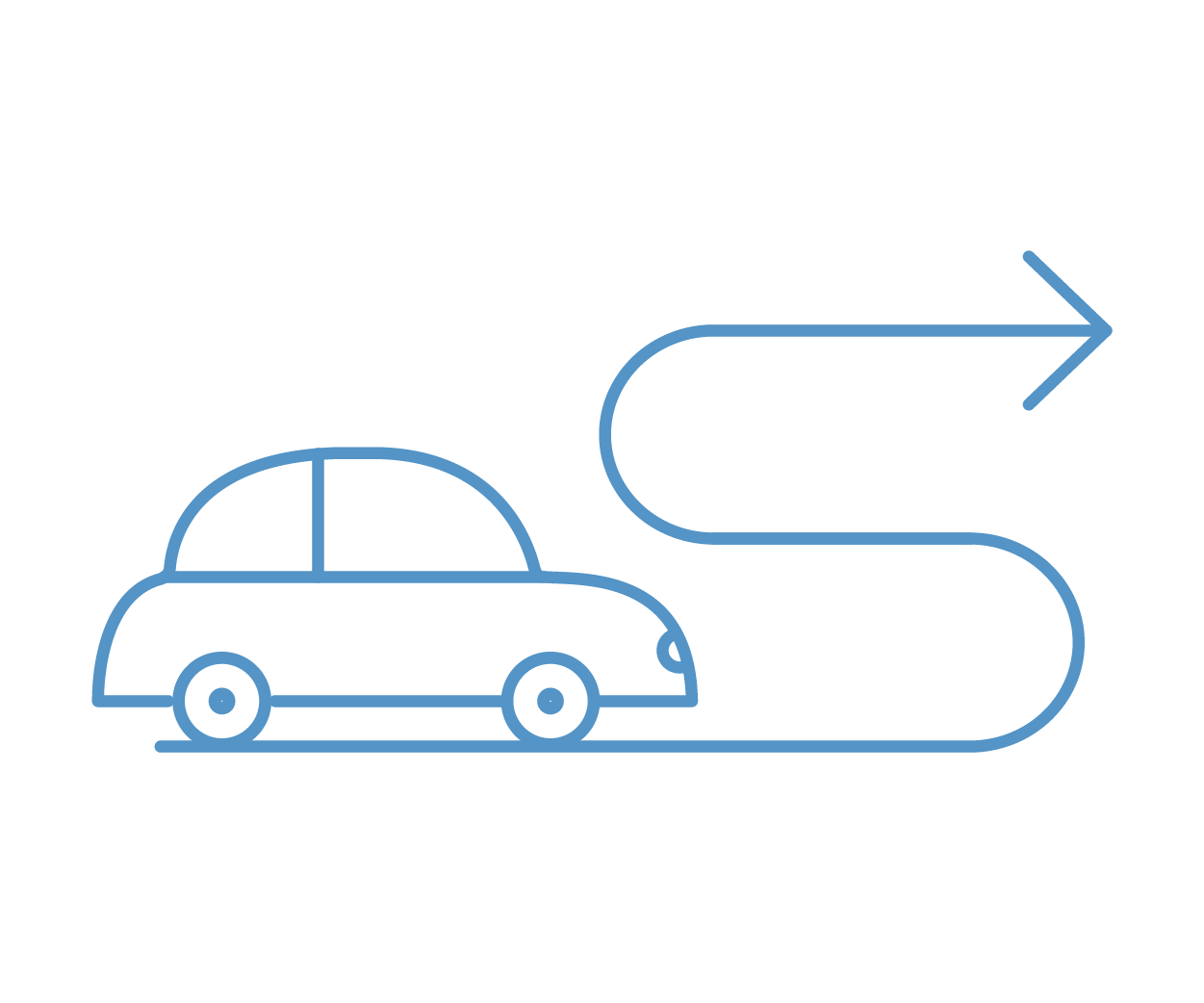Repossession
When you buy a vehicle on credit, the contract typically gives the lender the right to repossess the vehicle if you don’t make the required payments. Once the lender takes back the vehicle, it usually sells it and applies the proceeds of the sale to your remaining loan balance. In most cases, the borrower will still owe money on the loan even after the sale proceeds are applied. Many lenders will then pursue the borrower for this deficiency.
In Minnesota, most repossessions are called “self-help” repossessions. This means that the repossession happens without any court oversight whatsoever. But a lender has to follow strict procedures in a self-help repossession, otherwise the repo may be illegal. Click below to learn more:
Ready to talk to a lawyer about a wrongful repossession in Minnesota?
Schedule a free consult with attorney Todd Murray.
Since 2009, Todd has been helping Minnesotans combat wrongful repossessions and defend repo deficiency lawsuits. He has successfully sued numerous repossession companies, holding them accountable for illegal practices. Todd’s clients have described him as “very professional and easy to work with.” He lives in Minneapolis with his wife and four children.


